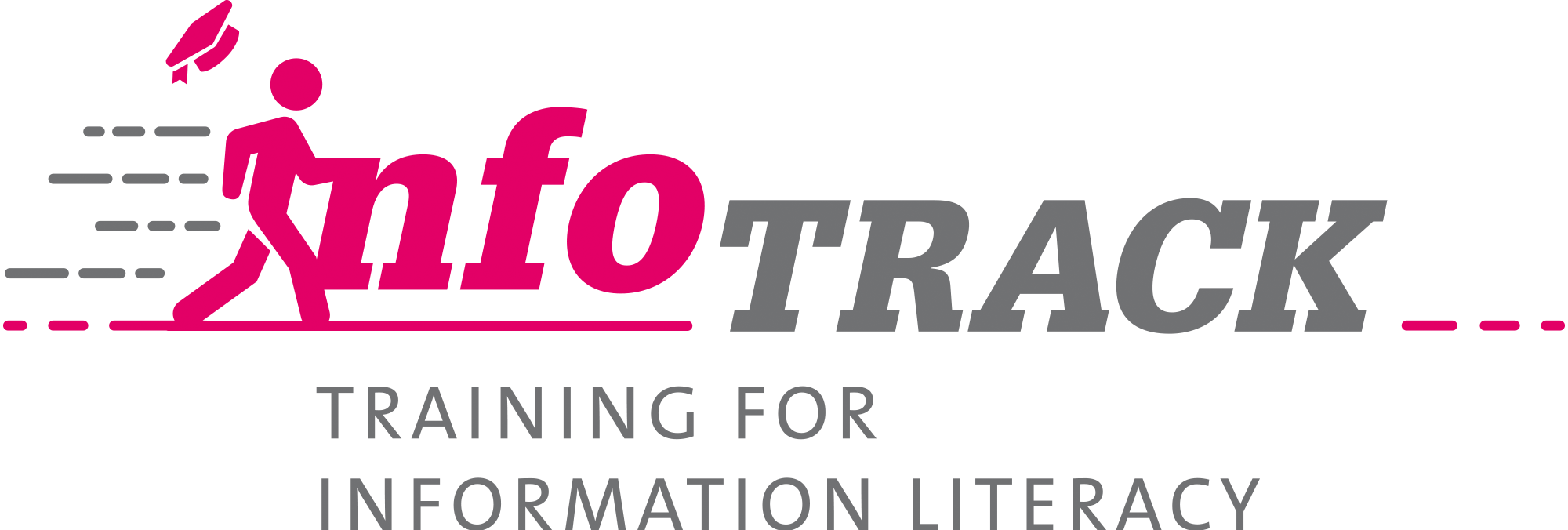Fred started writing his research questions with Boolean operators and parentheses, but he still doesn’t understand how to use them. Which of the expressions below will allow Fred to find ALL the sources that treat Calvinism in Geneva? (select only one)
Combining keywords with Boolean operators
The art of speaking Boolean
OBJECTIVES
- Use the right search techniques for information retrieval tools
Fred wants to expand his search with sources on Calvinism in Switzerland. Which of the options below would allow him to complete his search efficiently without finding the sources that he has already retrieved? (select only one)
If Fred starts a search in swisscovery UNIGE with analy*, which terms will he find? (select all that apply)
You’ve probably already tried to type an entire sentence into a search engine and noticed that the tool did not correctly interpret your request. As Fred learned while talking to the librarian, in order to make sure the search tools understand you, you should change your research question into a search query.
To be more efficient, use:
- Boolean operators to combine several keywords:
- AND : each search result contains the 2 terms; allowing you to find sources on two subjects.
- OR : each search result contains one of the two terms; allowing you to find sources on either one subject or another.
- NOT : the term that follows the operator NOT will not appear in the search results; allowing you to find sources on only the subject you’re interested in.
If your search query contains multiple terms and operators, use parentheses for logical grouping.
- Truncation* (* asterisk or ?) to replace one or more letters of a word in order to search for all terms that start with a given stem (for example: scien* = science, scientific, scientist, etc.)
- Quotation marks to find an exact expression, like “French Revolution”.
- Filters to reduce the number of results using criteria that vary depending on the search tool used: date, language, source type.
Keep in mind that each search tool has its specificities!
![]()
 Book :
Book :
- Conducting research literature reviews : from the internet to paper / Arlene Fink (2020)





